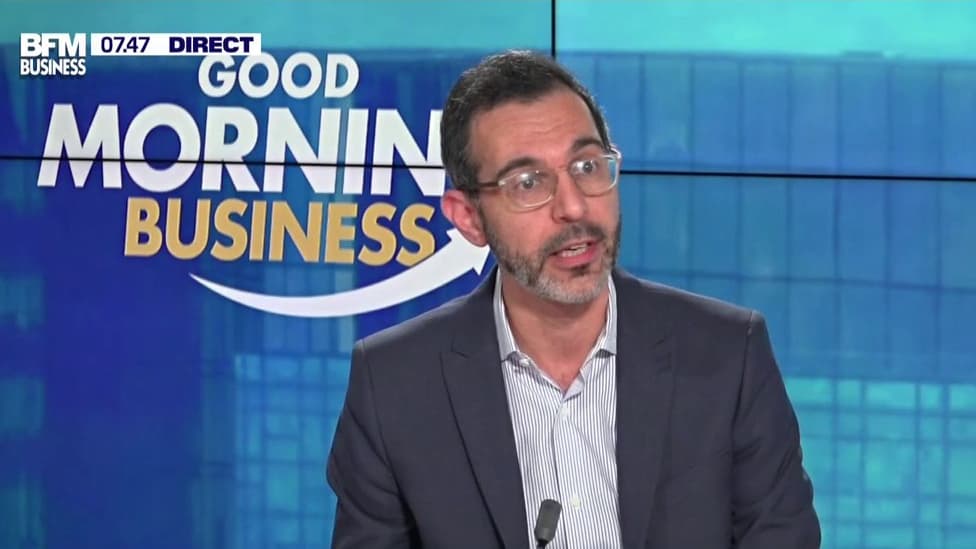Guest of BFM Business, Olivier Nataf, president of the French subsidiary of the laboratory, explains that this treatment targets 350,000 people in France.
If AstraZeneca’s anti-covid vaccine is shunned by Europe, it remains one of the most administered treatments in the world with more than 2.5 billion injections. And the laboratory is now strengthening its arsenal with the launch of a special treatment for immunocompromised people who respond poorly or not to vaccines.
“It is a health priority”, underlines on the set of Good Morning Business this Wednesday, Olivier Nataf, president of AstraZeneca France. “We talk a lot about the unvaccinated and then there are those people who do not respond well to vaccination: people who have had a transplant, or who have leukemia that does not allow their immune system to make antibodies” .
For this population – which would represent 350,000 people and up to 30% of patients currently in intensive care – the laboratory has therefore developed “a treatment with monoclonal antibodies, that is to say that we directly inject the antibodies that the person does not cannot manufacture”, explains the manager.
France is one of the first countries to use this treatment
This treatment is part “in a prevention phase and it is extremely important if you want to play on the hospitalizations and obviously the presumed mortality of these patients. In prevention, we can give them two injections to protect them. And the protection is almost immediately and goes up to six months”, underlines Olivier Nataf.
The laboratory obtained approval for this treatment a month ago and began injections in December. 500 patients a day now receive this treatment “thanks to this early access mechanism which is unique in the world. France was one of the first countries to order, one of the first countries to approve the drug, to be delivered and to to use. In less than a month, there have been more than 3,000 patients who have been able to use it. We must continue to move quickly to protect these people”.
As for the price of the treatment, it remains confidential. “Prices are negotiated with governments and not announced publicly. But it is more expensive than a vaccine because it is a precision treatment, not mass,” explains Olivier Nataf.


:strip_exif()/i/2004642028.jpeg?f=meta)